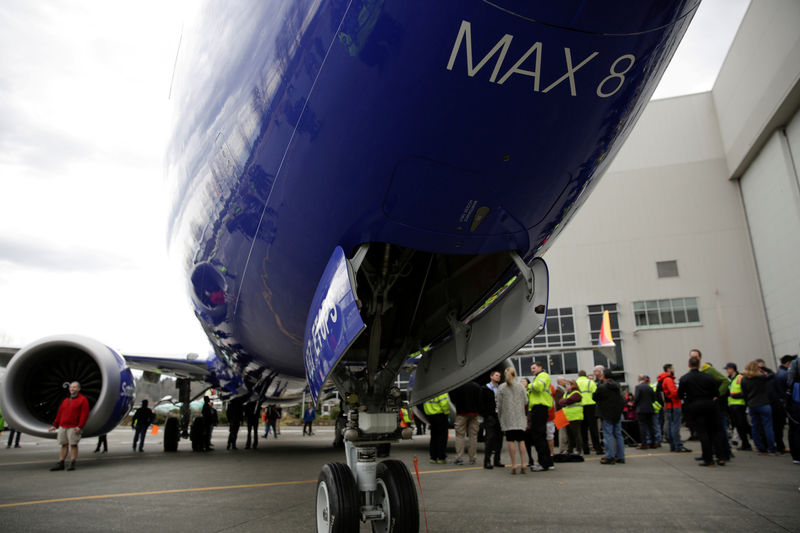Proactive Investors - The Boeing Company (NYSE:BA) has pointed to Brazil as a prospective world-leading producer of sustainable aviation fuels (SAF) as the industry mulls supply issues.
SAF is produced from the likes of agricultural waste and boasts lower lifetime emissions than traditional fuel as a result, therefore offering one way to decarbonise flights.
However, concerns have been raised over supply, with a February report finding half of Britain’s farmland would be needed to produce SAF for the country’s net zero aims.
Given the global aviation sector is targeting carbon neutrality by 2050, similar concerns have mounted across the world.
This is where Brazil comes in, according to manufacturing giant Boeing, given the country is already among the world’s largest producers of biofuels from agriculture.
“Brazil has the technical capacity, qualified workforce and raw material” already, Boeing’s Latin America head, Landon Loomis, pointed out on Tuesday.
This could help “post the concrete results and impacts needed for us to solve together this global challenge of how to decarbonize aviation”, he added.
Some 25% of transport in Brazil was already powered by biofuels in 2021, according to the International Energy Agency, including ethanol which can be used in SAF production.
The International Air Transport Association anticipates that SAF will be the main contributor to the industry’s decarbonisation meanwhile, thanks to 80% lower lifetime emissions than its fossil-fuel alternatives.
Many aircraft can already run, at least partially, on SAF, with flights in the UK regulated to fly on as much as a 50% blend of SAF and kerosene.
Rolls-Royce Holdings PLC (LON:RR)’s Trent 1000 engines, targeted at the Boeing 787 Dreamliner, are among those certified to run on such a blend, with the company anticipating regulators will approve these to be run solely on SAF by late 2023.
